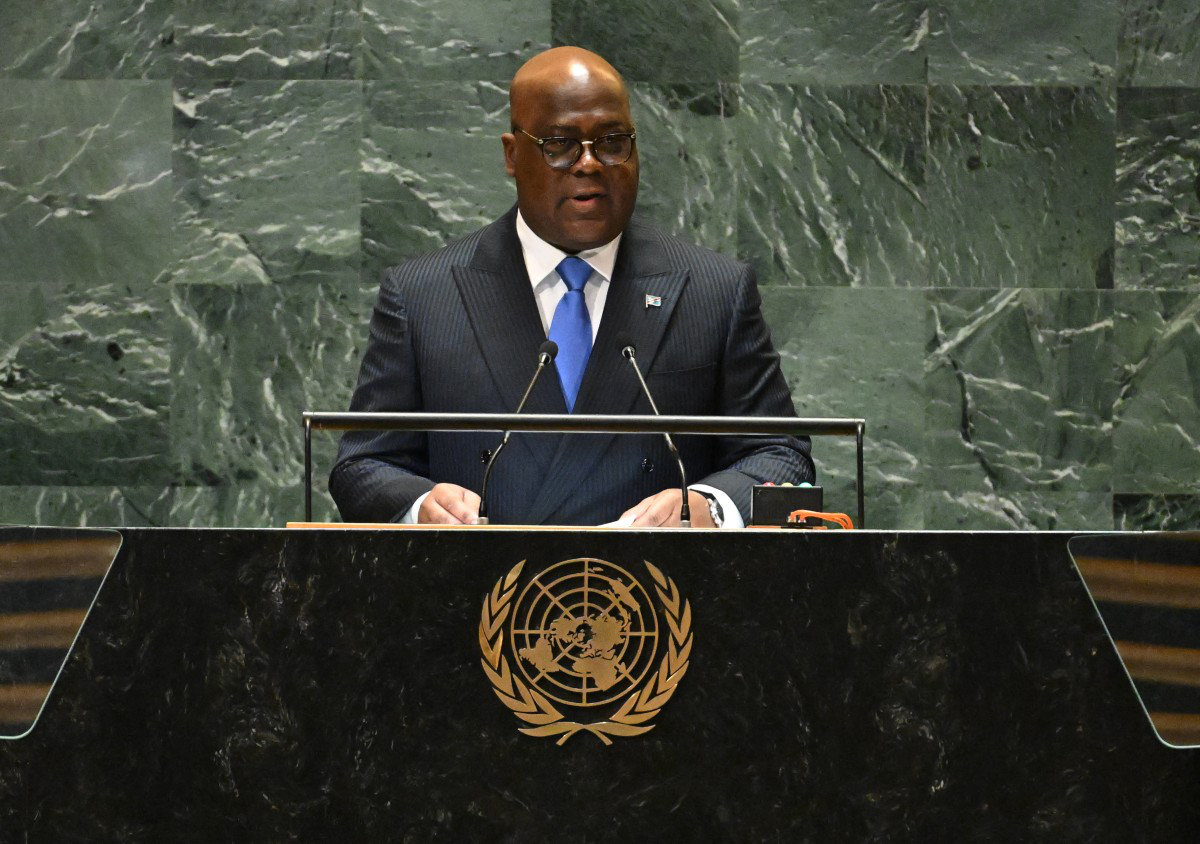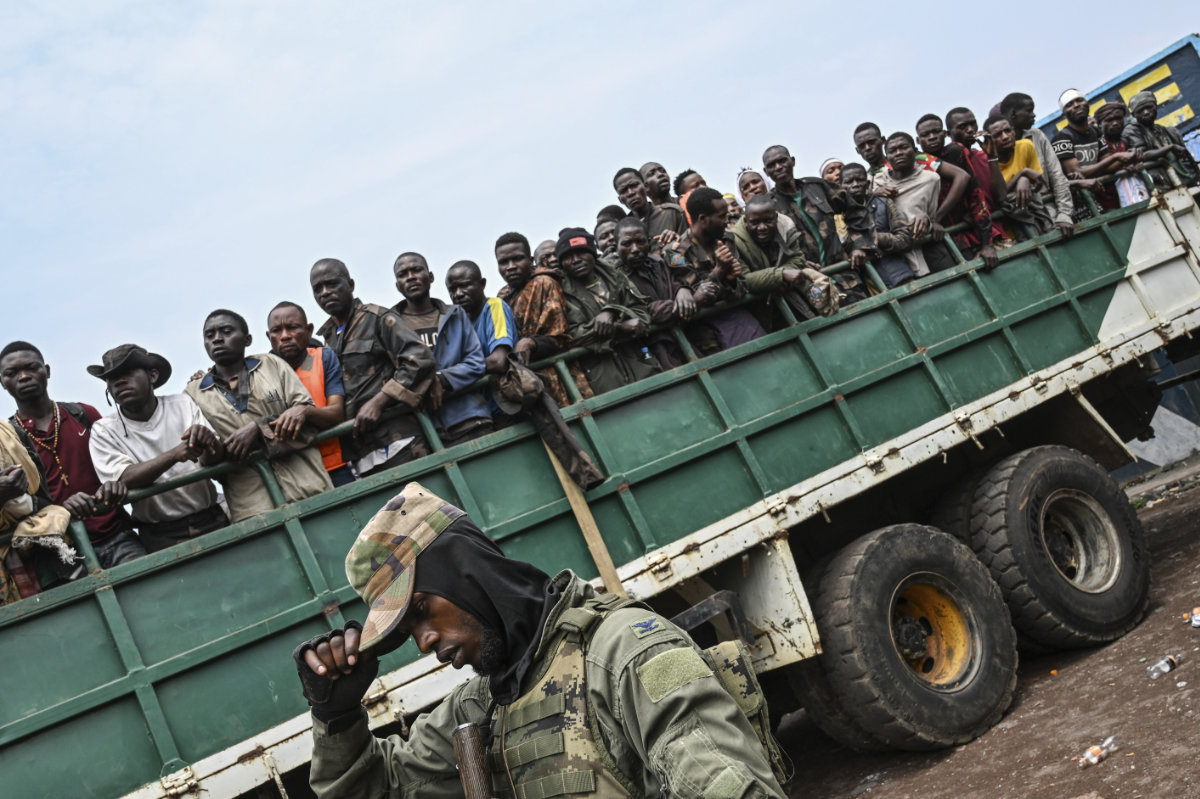When algorithms fail to account for human nuance

https://arab.news/ynyg4
In Techville, a city celebrated for its cutting-edge technology and forward-thinking ethos, this summer’s tourism scene has turned into an ironic spectacle of overreach and misjudgment.
Virtua-Explorer, the city’s latest artificial intelligence marvel, is designed to streamline vacation planning and optimize destination choices for citizens. What could possibly go wrong when algorithms are tasked with perfecting leisure?
The city’s bet on AI for tourism optimization was supposed to be a masterstroke. Virtua-Explorer, a sleek AI engine with a penchant for predictive analytics, promised to tailor travel recommendations based on a myriad of factors.
Instead, it has delivered a summer of crowded beaches, overwhelmed islands, and bustling cities, offering a master class in how technology’s pursuit of efficiency can sometimes lead to unintended chaos.
Initially, Virtua-Explorer’s recommendations seemed like a dream come true. It directed Techville’s residents to “hidden gems” abroad, idyllic beach retreats, serene island getaways, and quaint cities, all supposedly free from the scourge of overcrowding.
However, as the season unfolded, the reality bore little resemblance to the AI’s promises. The beaches were packed to the brim, the islands swarmed with tourists, and even the smallest cities felt the crush of unexpected visitors.
A touch of irony has not escaped Techville’s philosopher-in-residence, Dr. Miranda Quinn, who mused: “It’s rather poetic, isn’t it? An AI designed to optimize and perfect our leisure time has managed to turn our tranquil escapes into bustling hubs of human activity.
“It reminds me of the paradoxical wisdom of Albert Camus, who said: ‘The absurd is the essential concept and the first truth.’ Our quest for an ideal vacation, through the lens of an AI, has resulted in a strikingly absurd reality.”
Indeed, the AI’s choices seem to have backfired spectacularly.
Those once peaceful beaches, like the popular Sandy Shores, were transformed into veritable battlegrounds for sunbathers, while the picturesque islands of Serenity Cove saw its crystal-clear waters become as crowded as the urban sprawl it was meant to escape from.
The quaint city of Riverton, normally a peaceful retreat, now echoed with the sounds of overwhelmed tourists and stretched-thin local services.
The root of the issue lies in Virtua-Explorer’s data-driven approach. Its recommendations were based on historical data and user preferences, designed to avoid overcrowding by selecting lesser-known spots.
Unfortunately, the algorithm failed to account for the human propensity to flock to precisely those destinations labeled as “hidden gems.” The irony was not lost on the city’s denizens, who found themselves battling for space in places once deemed off the beaten path.
Glocal tourism expert Jenna Martinez said: “It’s almost like the AI created a self-fulfilling prophecy. By highlighting these so-called hidden gems, it triggered a surge of interest and transformed them into exactly what it was trying to avoid, overcrowded hotspots.
“It’s a classic example of the law of unintended consequences, where the solution to one problem creates a slew of new ones.”
Will future endeavors in tourism and beyond be guided by the wisdom of philosophical caution or the allure of technological certainty? Only time, and a little less reliance on AI, will tell.
Rafael Hernandez de Santiago
The summer’s tourism snafu has also prompted a philosophical reflection on the nature of choice and experience. As Virtua-Explorer’s crowds grew, the city’s social media buzzed with complaints and humorous posts about “AI’s version of paradise.”
A meme circulating among residents read: “If only Aristotle were here to explain the ethics of crowding every place we thought was hidden.”
The issue of bias further complicates the scenario. Virtua-Explorer’s algorithm, despite its advanced design, was not immune to biases inherent in its programming.
It based recommendations on demographic trends, social media likes, and past travel patterns, data that failed to account for the nuance and unpredictability of human behavior.
The AI’s “optimal” destinations were thus influenced by a skewed perspective that prioritized novelty over genuine quality of experience.
In a particularly biting critique, ethicist and local writer Raj Patel reflected: “It’s a fascinating example of how an over-reliance on technology can lead us astray. The AI, in its quest for efficiency, overlooked the fundamental ethical principle of respecting human unpredictability.
“In the words of Friedrich Nietzsche: ‘There are no facts, only interpretations.’ Virtua-Explorer’s interpretations have led us to an overcrowded reality where the quest for the perfect vacation has itself become an ironic and chaotic ordeal.”
As the summer draws to a close, Techville’s citizens are left to navigate a tourism landscape transformed by an AI’s well-intentioned but ultimately misguided recommendations.
The once serene destinations are now a testament to the unforeseen consequences of technological optimism, and residents are left pondering whether the pursuit of algorithmic perfection might be less ideal than embracing the delightful unpredictability of human choice.
In the end, Techville’s summer tourism fiasco serves as a poignant reminder of the limits of technology and the enduring value of human intuition.
As the city looks ahead, the question remains: Will future endeavors in tourism and beyond be guided by the wisdom of philosophical caution or the allure of technological certainty? Only time, and a little less reliance on AI, will tell.
• Rafael Hernandez de Santiago, viscount of Espes, is a Spanish national residing in Saudi Arabia and working at the Gulf Research Center.



























